The UK Covid-19 Inquiry Newsletter dated July 2024.
Download this document
View this document as a web page
Message from the Chair of the Inquiry, Baroness Heather Hallett

Welcome to the July newsletter. Today we have published the first of several reports which set out my findings and recommendations. This report covers resilience and preparedness for a pandemic (Module 1) and follows the hearings for this investigation that took place in Summer 2023. Future reports will include findings and recommendations relating to our other investigations.
From the very start of the Inquiry I promised I would deliver recommendations as soon as I can by producing regular reports. This is so that the lessons from the pandemic are learned as quickly as possible and we are better prepared for the next pandemic. There will be many more reports published by the Inquiry. However, this report has been produced and published first because it addresses some of the most immediate issues.
During the public hearings for our first investigation into resilience and preparedness I heard evidence about the plans that were in place to prepare for a civil emergency, including a pandemic. This included evidence from expert witnesses as well as those who were decision makers or in advisory roles to the UK, Scotland, Wales and Northern Ireland governments. Over the course of this investigation I found that the UK was not properly prepared for a pandemic. In 2020, the UK lacked resilience. That is to say, our nation’s structures, systems and organisations were not strong enough to handle a crisis like the Covid-19 pandemic. This cannot be allowed to happen again.
My report recommends fundamental reform of the way in which the UK government and the governments of Scotland, Wales and Northern Ireland prepare for civil emergencies. I make ten far-reaching recommendations to help make the UK better prepared for a future pandemic or civil emergency. These will help the UK and devolved governments not only to plan better for responding to a pandemic, but also to help them to consider the impact of any response on the population, including vulnerable groups.
I expect all my recommendations to be acted on by organisations within three months, with a timetable for their implementation to be agreed with the respective administrations. I will be monitoring this closely. We have published a process that sets out how I will monitor the implementation of recommendations.
Thank you for your continued interest in the Inquiry. I hope that you will take a look at the report and recommendations in the multiple accessible formats available on our website.
The Inquiry publishes first recommendations into preparation and resilience for a pandemic
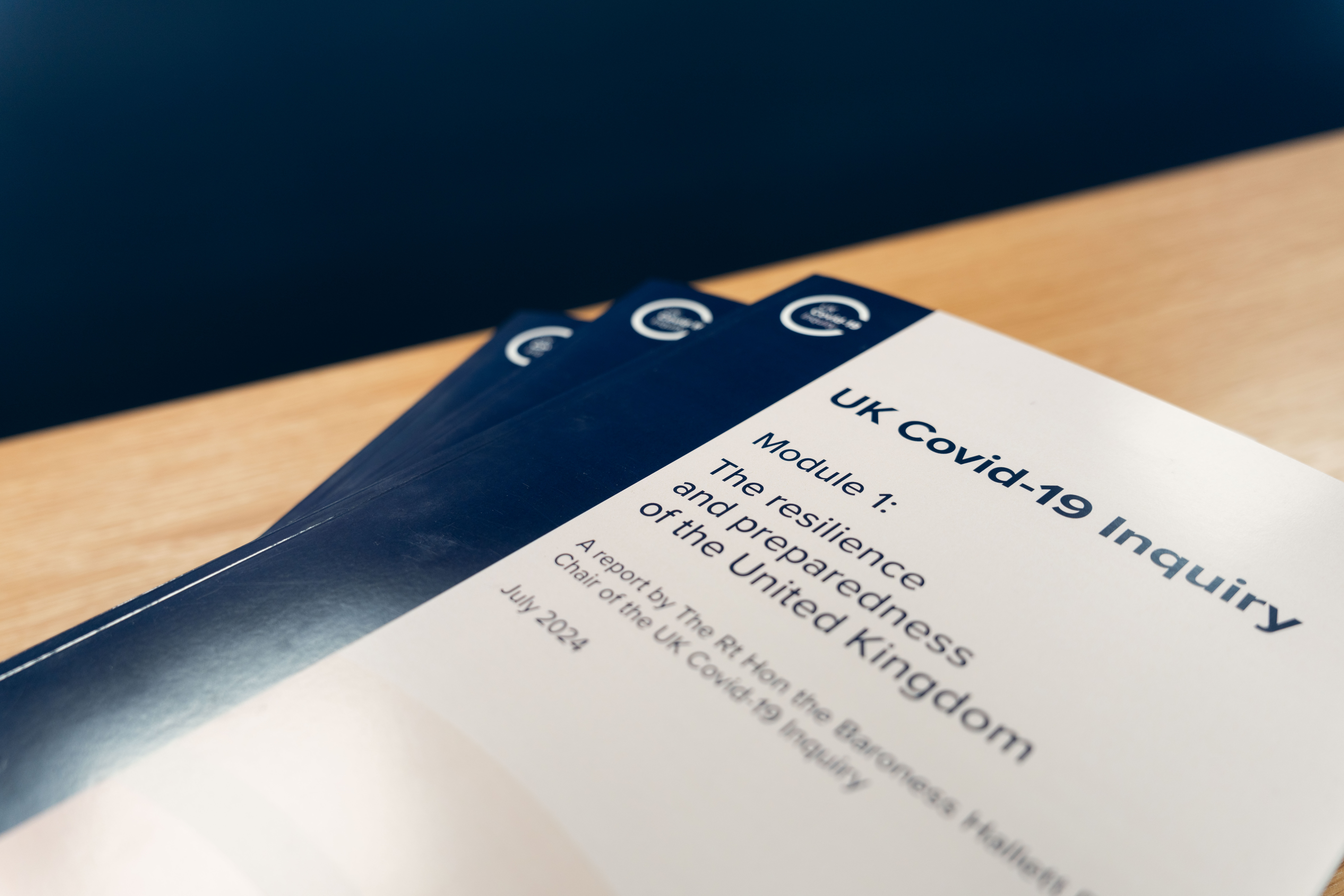
The Inquiry’s first report follows its investigation into pre-pandemic preparedness and resilience (Module 1). Separate reports about political decision-making, healthcare, care, children and young people, vaccines procurement, financial support and other topics will follow. There will also be a specific report on the impact of the pandemic including on mental health. You can find out more about how the Inquiry’s reports will work in this short explainer video about the Inquiry’s structure or by taking a look at our information about the structure of the Inquiry web page.
The report is published on our website and can be downloaded as a PDF document. We have also published a summary of the recommendations (also available in British Sign Language and Easy Read) and an explanatory film.
The report makes 10 recommendations, with suggested changes to government structures, strategies and policies across all four governments of the United Kingdom, to ensure that the UK is better prepared for future pandemics or civil emergencies.
Please see the Reports section of the website for more information.
Ninth investigation into economic response to the pandemic opens
On Tuesday 9 July, the Inquiry opened its ninth investigation, which will examine the economic response to the pandemic. The key issues to be considered are set out in the provisional scope for this investigation, which can be downloaded from the Module 9 page of the website.
The Core Participant application window is open until 6 August 2024. Details of how to apply can be found in the Core Participant protocol.
A Core Participant is a person, institution or organisation that has a specific interest in the work of the Inquiry and has a formal role defined by legislation. Core Participants have special rights in the Inquiry process. These include receiving documentation, being represented and making legal submissions, suggesting questions and receiving advance notice of the Inquiry’s report. You do not need to be a Core Participant to provide evidence to the Inquiry.
The first preliminary hearing for Module 9 will be held on 23 October 2024.
Care sector investigation hearing dates update
Baroness Hallett has now confirmed that public hearings for the Inquiry’s sixth investigation into the care sector will take place from 30 June 2025 to 31 July 2025.
The Chair aims to conclude the Inquiry’s public hearings in 2026. The provisional hearings schedule is as follows:
| Module | Investigating… | Public hearing dates |
|---|---|---|
| 3 | The impact of the pandemic on healthcare | Monday 9 September – Thursday 10 October 2024
Break: Monday 14 October – Friday 25 October 2024 Monday 28 October – Thursday 28 November 2024 |
| 4 | Vaccines, therapeutics and antiviral treatment | Tuesday 14 January – Thursday 30 January 2025 |
| 5 | Pandemic procurement | Monday 3 March – Thursday 3 April 2025 |
| 7 | Approach to testing, tracing and isolation adopted during the pandemic | Monday 12 May – Friday 30 May 2025 |
| 6 | Impact of the pandemic on the care sector | Monday 30 June – Thursday 31 July 2025 |
| 8 | Impact of the pandemic on children and young people | Autumn 2025 |
| 9 | Economic response to the pandemic | Winter 2025 |
Inquiry publishes child-friendly scopes for investigation into Children and Young People, Module 8
The Inquiry has published child friendly versions of the scope of Module 8 to help children understand the purpose of the investigation. The provisional outline of scope for this investigation can be found on the Module 8 scope page of our website.
For its eighth investigation, the Inquiry will examine the impact of the pandemic on children and young people in England, Wales, Scotland and Northern Ireland. As part of its investigation, the Inquiry will consider the impact on children across society including those with special educational needs and/or disabilities and from a diverse range of ethnic and socio-economic backgrounds.
The two child-friendly scopes can be accessed on our website. The first scope has been designed specifically for children aged under 12. It uses clear language and images to explain what the Inquiry will be looking at in its investigation. The second scope is designed for children and young people over 12, and explains some of the key questions that the Inquiry will be seeking to answer in its investigation.
The Inquiry has also been working with independent research specialists, Verian, to deliver a large-scale research project. This project will hear directly from hundreds of children and young people. This research will be provided to the Inquiry to inform questioning and the Chair’s recommendations for the future.
The Children and Young People’s Voices research is how the Inquiry is seeking to hear children and young people’s experiences of the pandemic. Another ongoing project is via Every Story Matters, the Inquiry’s national listening exercise, where 18-25 year olds, as well as parents, carers and adults working with young people are also encouraged to tell the Inquiry about their experiences.
The first preliminary hearing for Module 8 will take place on Friday 6 September. We will share information about timings and how to watch this hearing closer to this date.
Public hearings for the third investigation into healthcare begin in September
Public hearings for the Inquiry’s third investigation into healthcare begin on Monday 9 September. Further information about this investigation can be found on the Module 3 page of our website. Information about watching the upcoming hearings, including attending in person at our hearing centre, Dorland House, can be found on the Public Hearings page.
Every Story Matters public events
Share your story in towns and cities across the UK
The Inquiry is travelling to towns and cities across the UK, to give you the opportunity to share your pandemic experiences with the Inquiry in person. We hold these Every Story Matters events to reach a range of communities across the UK to ensure that as many people as possible have the opportunity to find out about Every Story Matters and share their experience with the Inquiry. Every story shared will contribute to the work of the Inquiry and help us build a picture of how the pandemic affected people across the country.
At recent events in Llandudno, Blackpool, Luton and Folkestone we spoke to over 1600 people.
We also spoke to people in Blackpool, Luton, Preston and Folkestone via the support of the following organisations:
- Blackpool Better Start
- The Salvation Army
- The Hub at South Shore
- Windrush Initiatives
- Mind Bedfordshire, Luton and Milton Keynes
- Folkestone Nepalese Community Centre
- Clinically Vulnerable Families
We would like to thank these organisations for their support and everyone who spoke with us across all our events.
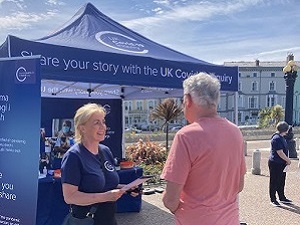
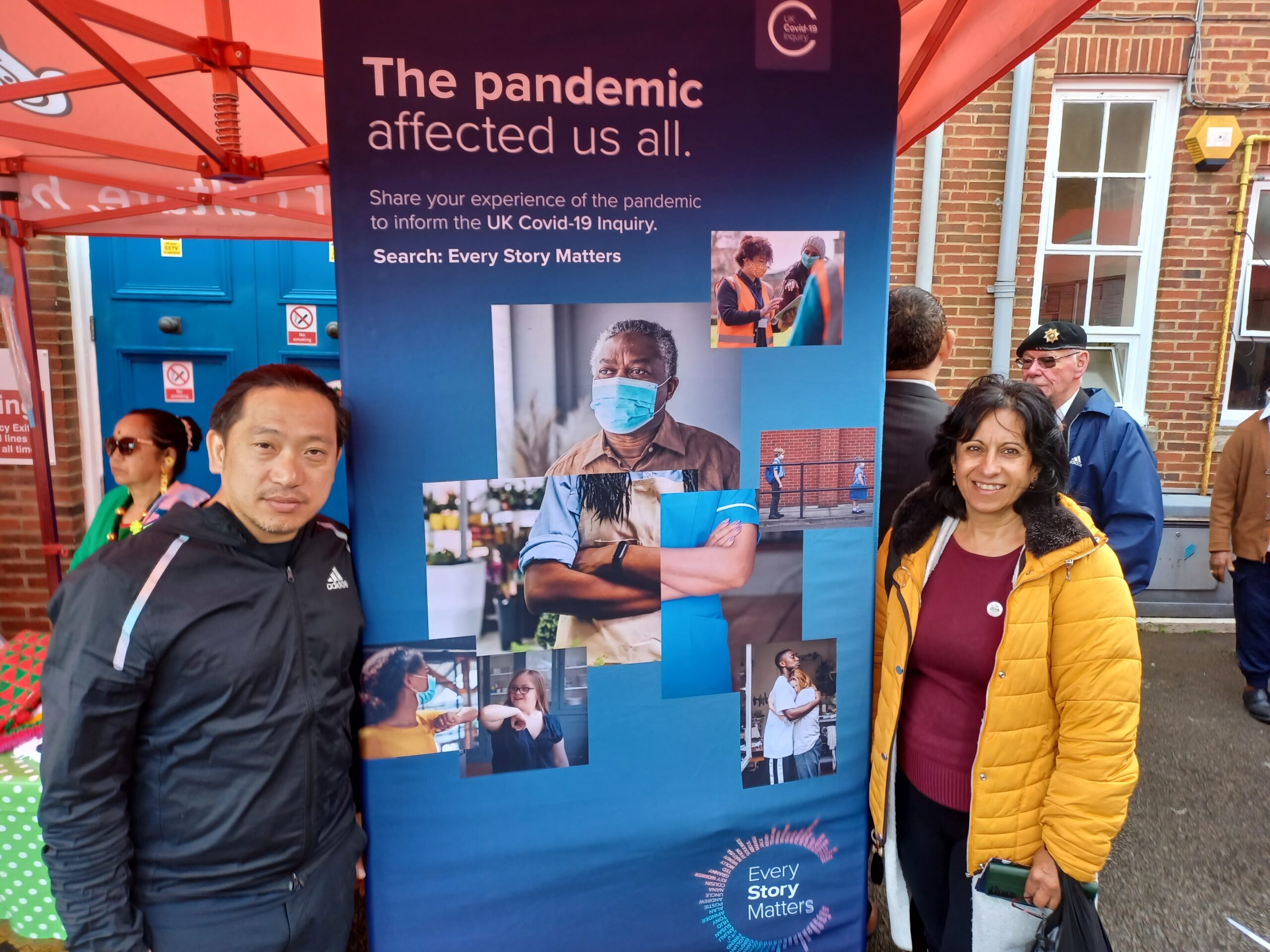
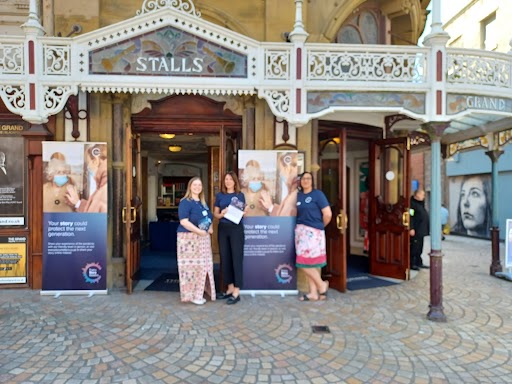
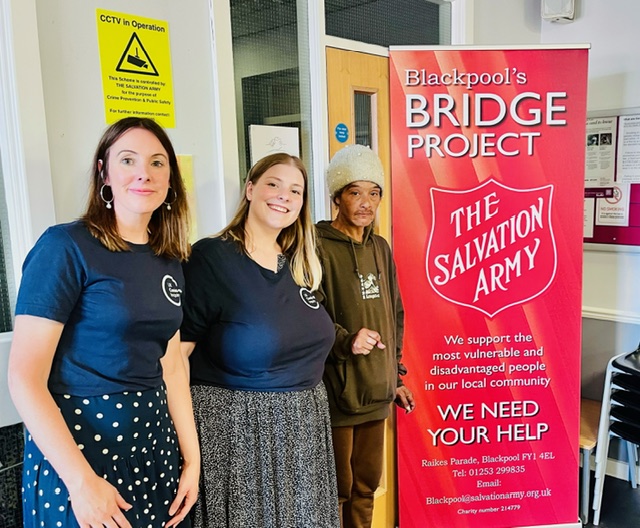
Clockwise from top left: speaking with members of the public on Llandudno promenade; engaging members of the community at the World in a Tent Festival at the Folkestone Nepalese Community Centre; raising awareness of Every Story Matters at the Salvation Army hub in Blackpool; ready to speak to the public at the Grand Theatre in Blackpool
Our next events will take place in Ipswich and Norwich in August, followed by Inverness and Oban in September. Details are below:
| Location | Date(s) | Venue/Times |
|---|---|---|
| Ipswich | Monday 5 – Tuesday 6 August 2024 | Ipswich Town Hall 10am – 4.30pm |
| Norwich | Wednesday 7 August 2024 | The Forum 10am – 4.30pm |
| Inverness | Tuesday 3 September 2024 | Spectrum Centre 10am – 4.30pm |
| Oban | Wednesday 4 – Thursday 5 September 2024 | The Rockfield Centre 10am – 4.30pm |
Bereaved forum
Did you lose a loved one during the pandemic? Do you want to get more involved in the Inquiry’s work?
The Inquiry has set up a ‘bereaved forum’ – which is a group of people who lost loved ones during the pandemic, who are consulted on aspects of our work. Forum participants provide their advice based on their personal experiences to inform the Inquiry’s approach to Every Story Matters and commemoration. The bereaved forum is open to anyone who lost a loved one during the pandemic between 2020 and 2022.
Those on the bereaved forum will receive a regular email detailing opportunities to provide the Inquiry with advice on our Every Story Matters and commemoration work. If you are interested in joining the forum mailing list, please email engagement@covid19.public-inquiry.uk.